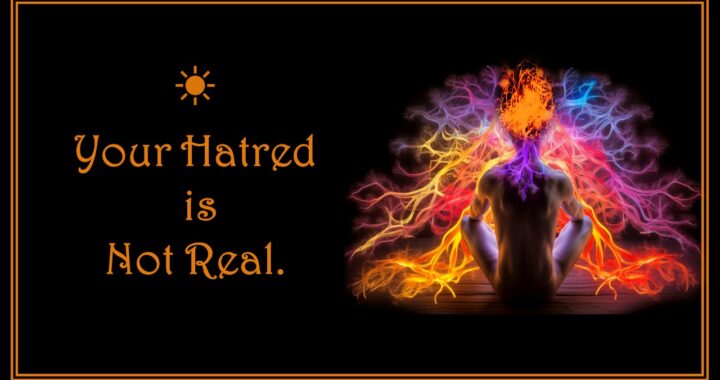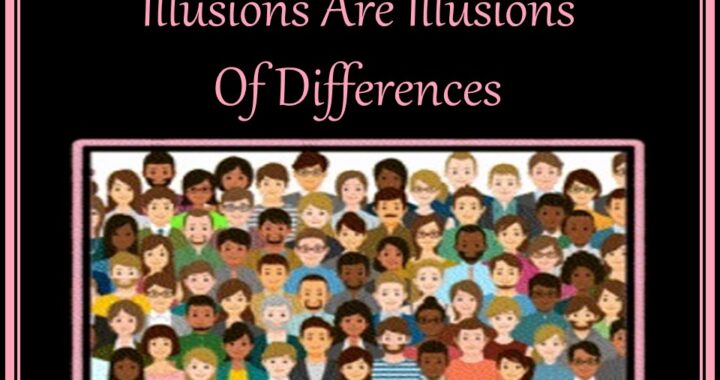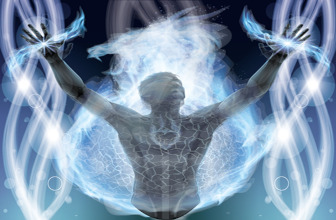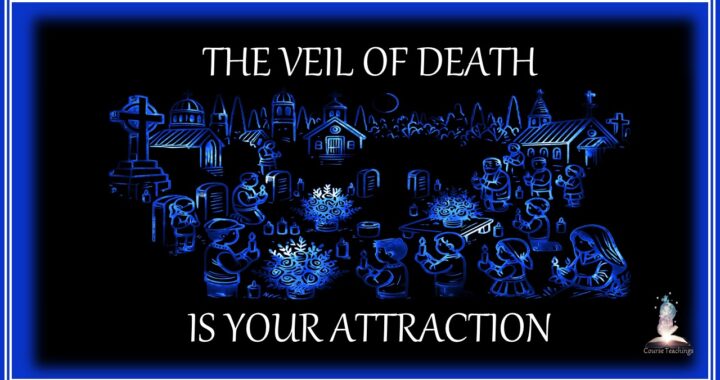Personality Neither Body, Mind, Nor Soul.
Video Teaching

Related Teachings
Man’s personality is eternal but with regard to identity, it is a conditioned eternal reality.
Mortal identity is a transient time, life condition in the universe.
Human beings, from a cosmic perspective, are born, live, and die in a relative instant of time; they are not enduring. But mortal personality, through its own choosing, possesses the power of transferring its seat of identity from the passing material-intellect system to the higher soul system. Taken from “Urantia Papers”. See Urantia.org for “Urantia Book”.
Personality is the very essence of who we are. It is the culmination of our thoughts, emotions, experiences, and actions. It is the driving force behind our interactions with the world and the lens through which we perceive and understand our surroundings. It is through the mediation of mind; the self and its environment establish meaningful contact.
The “Urantia Papers” tell us, “The ability and willingness of the organism to make contacts with environment represents the attitude of the whole personality. Personality cannot very well perform in isolation. Man is innately a social creature; he is dominated by the craving of belongingness. It is literally true, “No man lives unto himself.”
In essence, our personality is the key to unlocking our true potential and living a life of meaning and significance. By recognizing our innate social nature and cultivating a positive and open attitude, we can harness the power of our mind to forge deep and meaningful connections with the world around us.
“The concept of the personality as the meaning of the whole of the living and functioning creature, means much more than the integration of relationships. It signifies the unification of all factors of reality as well as co-ordination of relationships.
Relationships exist between two objects, but three or more objects eventuate a system, and such a system is much more than just an enlarged or complex relationship. This distinction is vital, for in a cosmic system the individual members are not connected with each other except in relation to the whole and through the individuality of the whole.” Taken from the “Urantia Papers”.
Commentary:
Here we’re told, relationships are a fundamental aspect of our lives, connecting us to people and objects around us. However, it is important to recognize that when three or more personalities come together, they form a system that is far more intricate and significant than a simple relationship. This distinction is important, particularly when considering cosmic systems, where the individual members are not merely connected to each other but are intricately intertwined with the entire system and its unique identity.
In a cosmic system, the interconnections between its components go beyond surface-level relationships. Each member of the system plays a vital role in contributing to the overall functioning and harmony of the whole. It is through the individuality and distinctiveness of the entire system that these connections are established, creating a complex and dynamic network of interactions.
Understanding the Cosmic Concept
By understanding the concept of a cosmic system, we can appreciate the intricate nature of the relationships within it. Rather than viewing the individual members as separate entities, we recognize that they are intrinsically linked, with their significance derived from their contribution to the greater whole. This perspective allows us to perceive systems, whether they are found in the vastness of the universe or in the intricate web of human relationships.
These teachings tell us systems transcend simple relationships and offer a deeper understanding of the interconnectedness and interdependence that exists in the world around us and the role they play in shaping our lives.






